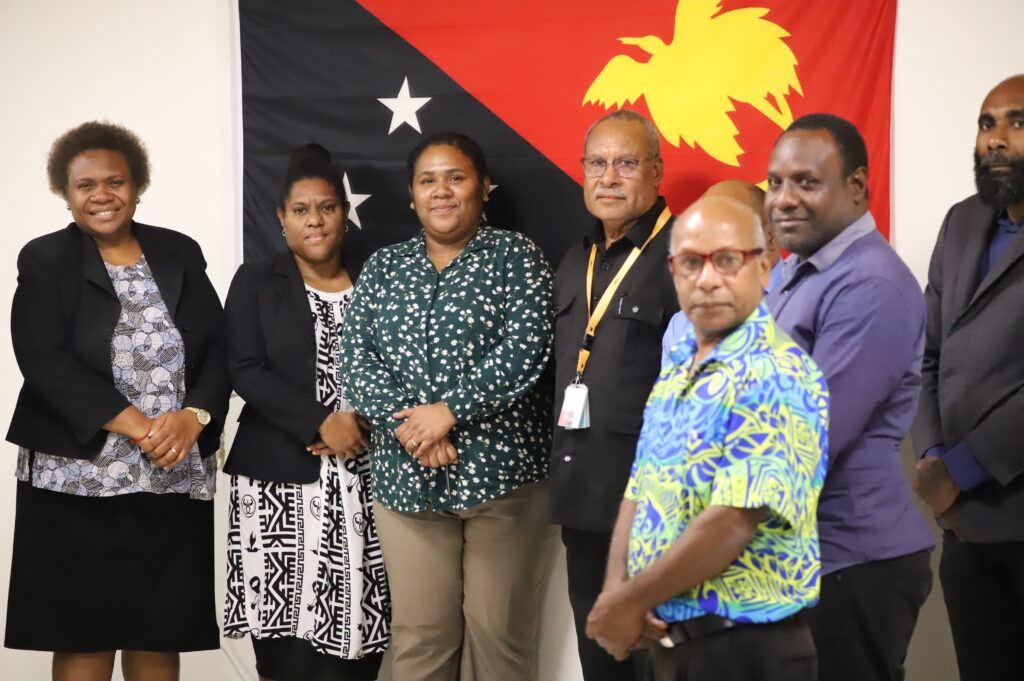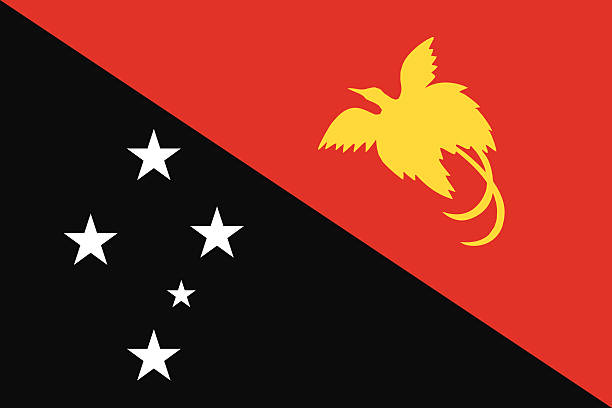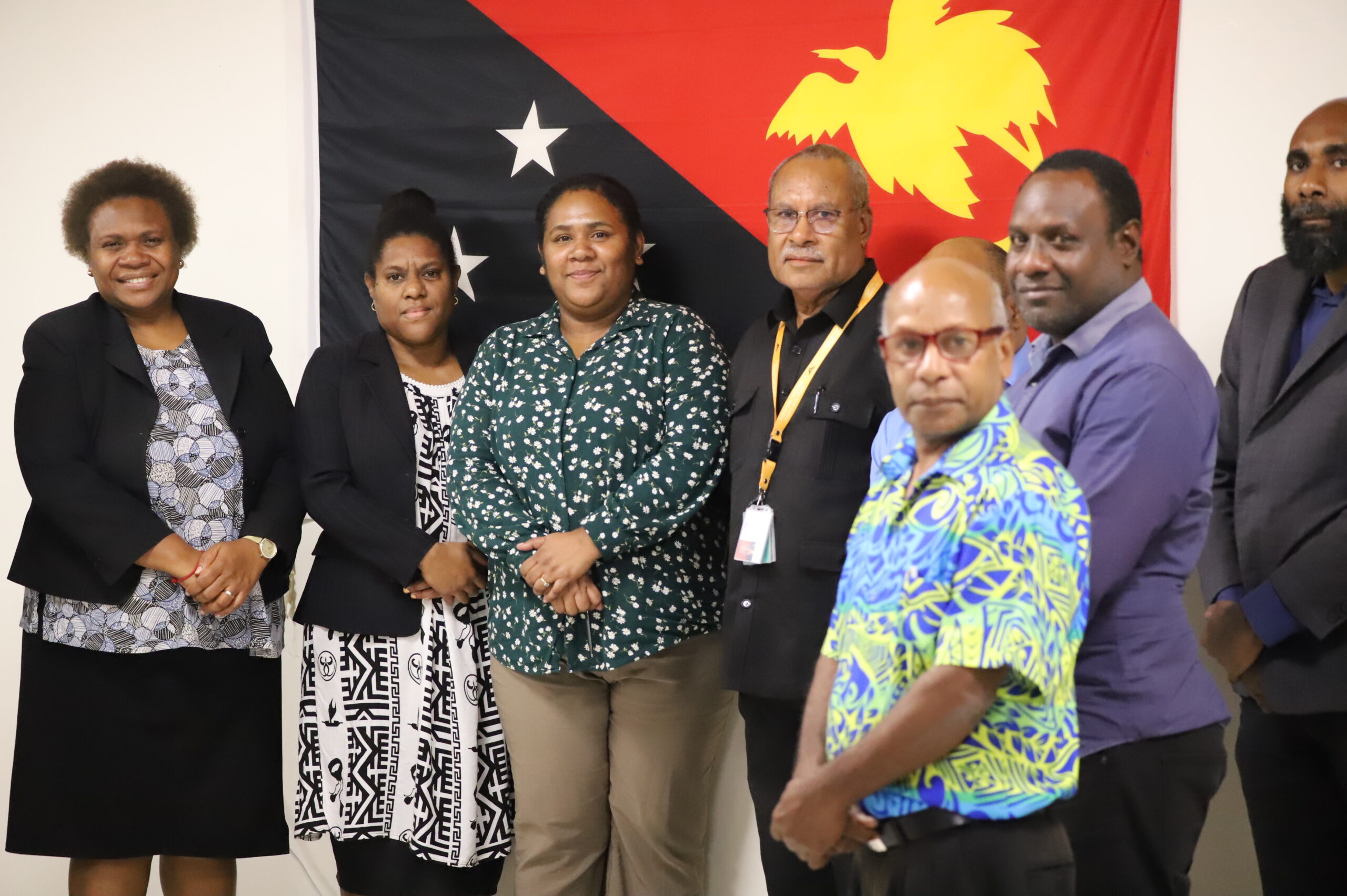Monday 10th July 2023

Senior officers from the Department of Information and Communications Technology (DICT) and the Office of the Legislative Counsel (OLC) held their second monthly meeting on Thursday 6th July to further provide updates on the eLegislative project.
This collaborative effort aims to leverage technology to enhance the legislative drafting process in Papua New Guinea, improving the efficiency and accuracy of creating and managing legislative documents, and basically to modernize the process of drafting laws.
Discussions today focused on eight priority aspects of the eLegislative Drafting project; namely:
· Priority project: The eLegislative Drafting project is a priority project for DICT under the GovPNG technology stack 2023.
· Revised laws: Reprinting laws with amendments and periodic consolidation has been revived at the OLC following the appointment of the Commissioner for Revised Edition of the Laws of PNG, Mr. Johnny Bogombari, in 2022.
· Technology Infrastructure: DICT presented on the necessary technology infrastructure required to implement the eLegislative Drafting system. Discussions focused on hardware, software, networking, and security requirements to support the drafting platform.
· Legislative Document Management: OLC provided insights into existing legislative document management processes, identifying areas for improvement through technology.
· Drafting Tools and Automation: DICT impressed on the use of drafting tools and automation techniques that can assist legislative drafters. These included smart templates, pre-defined legal clauses, real-time collaboration, and automated proofreading, enhancing accuracy and consistency in legislative documents.
· Integration and Interoperability: The meeting emphasized the importance of integrating the eLegislative Drafting system with existing legislative systems and platforms. This ensures seamless data exchange and interoperability with other stakeholders.
· Training and Support: DICT and OLC highlighted the significance of training legislative drafters to effectively use the new eLegislative Drafting system.
· Timeline and Implementation Strategy: The meeting resolved to form a technical working group immediately comprising lawyers, business analysts, and developers from both DICT and OLC. This group will discuss and implement the project timeline, key milestones, and phased implementation strategy for the eLegislative Drafting system. This structured approach allows for testing, refinement, and eventual full-scale adoption.
The meeting further focused on combining the expertise of both organizations to harness technology and improve the legislative drafting process through the eLegislative Drafting project.
The OLC was established in PNG in 1972 through the Legislative Drafting Service Act (Chapter 80), and is charged with the following responsibilities:
· Drafting proposed laws for introduction into Parliament
· Drafting amendments to proposed laws under consideration by parliament
· Drafting subordinate legislation
· Drafting other instruments related to legislation, to have or be given the force of law
· Making arrangements for printing laws, including reprints with amendments and periodic consolidation
· Other functions prescribed by law or directed by the Prime Minister
· Functions incidental to the preceding functions.


